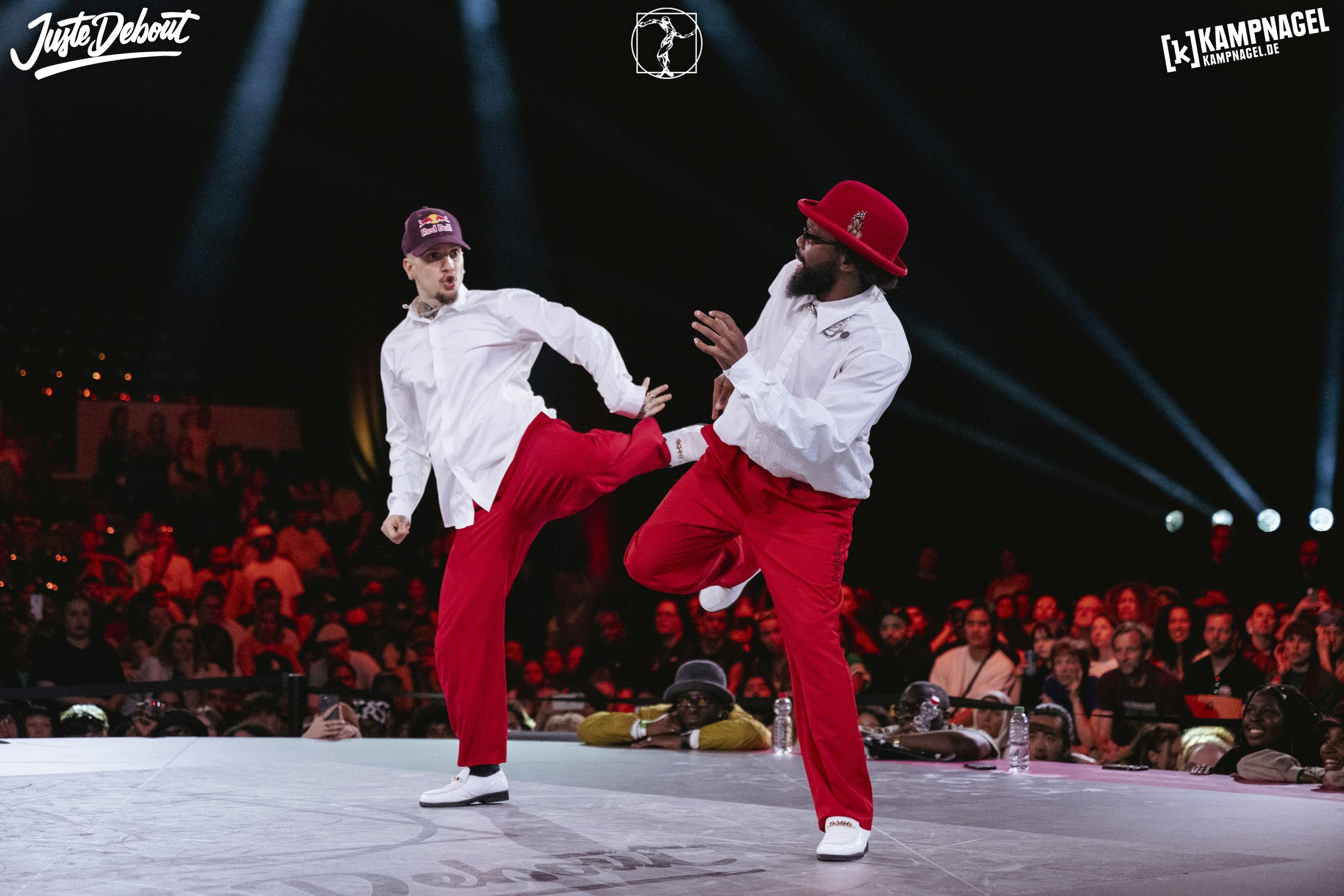Catalogs Rule Everything Around Me… (C.R.E.A.M.)
More and more artists are cashing in their entire catalogs for quick profits. What’s the deal?
An artist’s career in the music industry can be short. If they’re fortunate enough to create a series of hits, they certainly can tour and reap commercial benefits long after their time in the mainstream limelight, but for many, that light fades quickly. Similarly, many artists create hundreds, even thousands of songs or several albums with the hopes that beyond their days of being on the road and in front of stages, that work will reap some financial rewards. Ultimately, this is what it means to have publishing rights and royalties. The value and worth of a song financially can bear fruit long after the song is recorded and even hot. So it’s interesting the current trend of highly successful artists with seemingly lucrative back catalogs selling off their future publishing rights for an upfront payout.
A Rolling Stones article in September gives a good general overview of theories as to why some or any artist may want to make some quick (several million) bucks, the most prominent being recent changes in tax laws that, if taken advantage of now future proofs potential earnings by cashing in now. And in the case of legendary artists such as Bob Dylan, who are into their eighties and have a catalog that can command a fee to the tune of 400 million dollars, it makes a lot of sense. Even younger legacy artists like Shakira and Justin Timberlake, who have many hits, for the right price, the viability of their catalogs might be an offer too good to refuse. What’s interesting is the wave of hip-hop artists who are also making this leap or in the process of seeking to. Here is a quick rundown of hip-hop artists who are selling all, part, or seeking to sell their catalogs; Drake, Future, Murder Inc, Jadakiss, Public Enemy, Lil Wayne, and Ye (though according to him without his consent which raises another question we’ll get into).
At first glance, other than PE, Jada, and Murder Inc., these artists are “millennial” artists all coming into prominence in the 21st century. They are still all very much putting out music that would be considered in the upper echelon of the music industry in terms of sales and touring as well. So, what would be the incentive for these artists to give up all future control of royalties and rights while their careers are still viable? The truth is, we can’t really know unless they choose to tell us, and while paydays could easily reach eight or nine figures (Future supposedly sold 612 songs from his back catalog for eight figures, while the alleged sale of Ye’s catalog is estimated at 175 million) would be tempting, what is the true value of these catalogs? The companies and hedge funds buying these assets know and understand (or are gambling) that the value of the content can be multiplied many times over when you think about licensing, re-releases etc. that depending on what these particular rap artists do with their current and new catalogs would only see earlier work exponentially grow in value. Referencing the Rolling Stones article again, another of their theories is that with the rise of digital streaming, and the bottom falling out of what royalties are paid because of the paltry splits that companies like Spotify and Apple Music payout, and not knowing what other technology could further devalue this, the artist may look to a sure payday as opposed to risking diminishing returns. The way in which the current and future ways that music is distributed and consumed are going, it’s reasonable that artists looked into the abyss and went for the surer bet.
And then there is Ye, and it’s interesting his stance as he may be the most prescient. Kanye took to social media to dismiss that he was actively selling his catalog, instead insinuating that people were shopping his material without his consent. While Kanye, as recently as last month, was a confirmed billionaire (with recent events probably taking a few hundred million off the top for him), it would be easy to think it was about him knowing the potential future investment and earning power, his decrying the treachery though seemed more to do with control of his legacy. And that’s the interesting thing about this change, in particular in hip-hop. For generations, artists were told owning their masters and publishing was the true way to earn a living as an artist. As the tours died down and the shows dried up, as age and health could slow down that drive to make new material and perform, it was your catalog that could keep on ticking and turning the till over. Your publishing was also your legacy, owning your masters, the dues paid for giving over control of your career for a period of time. Now, as hip-hop’s value has become so high and the surety of royalties precarious, the easy thing to do is to cash out. But what does that mean for where your songs are played? What does it mean for how your music is presented? Maybe for them and other artists, it doesn’t matter. But as hip-hop continues to further establish itself as the pre-eminent artistic and cultural movement that originates from this country, what will it mean for more of that music to be in the hands of anyone else but the artists and culture bearers themselves? In the coming years, we are about to find out.





